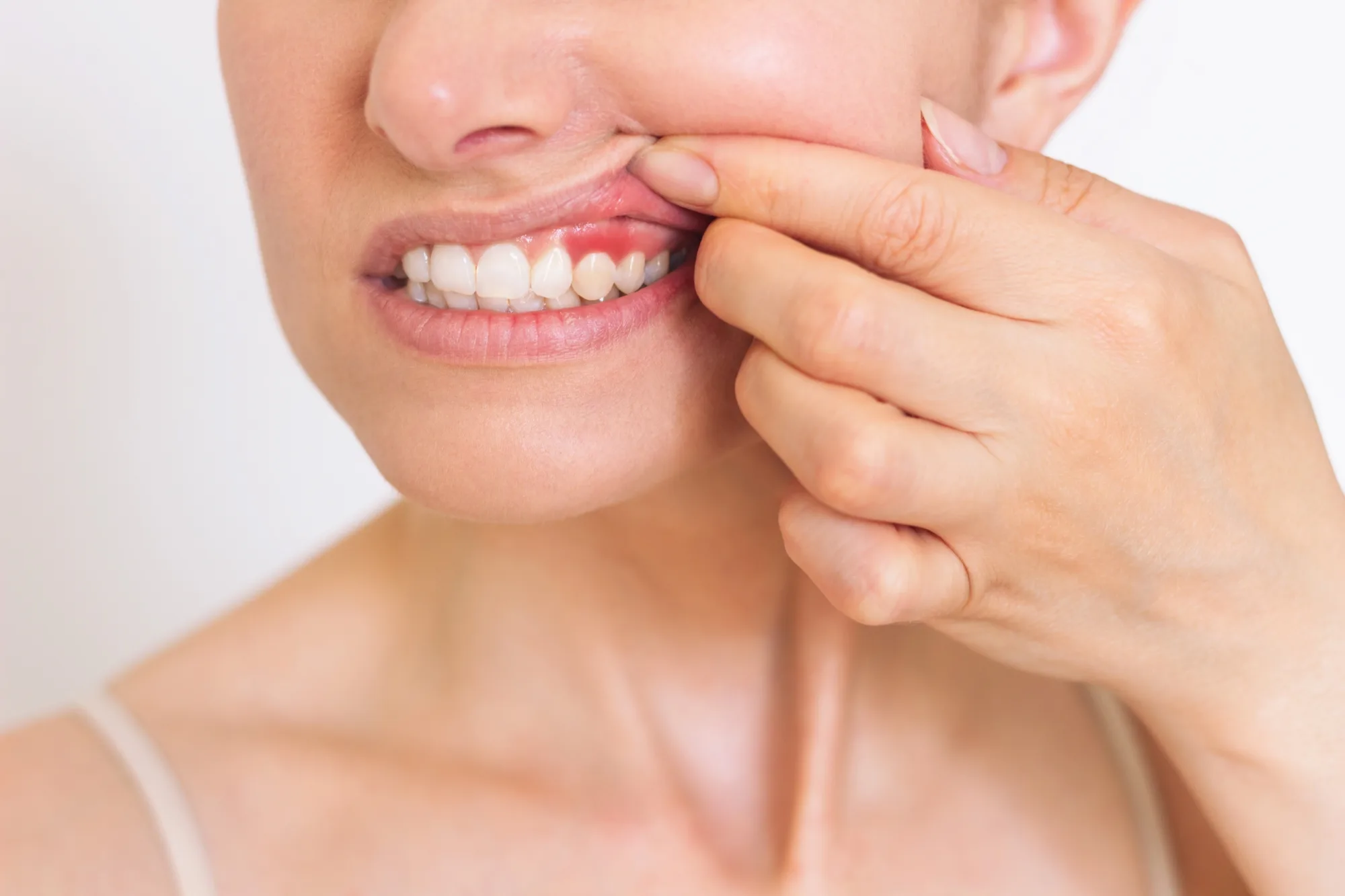
Why Is My Gum Swollen Around One Tooth? Causes and Treatments

This blog has been reviewed and approved by Dr. Monika Negi, a qualified Oral and Maxillofacial Pathologist with 5+ years of experience.
Table of Contents
Key Takeaways
- If your gums are swollen around one tooth, there are many possible causes, including poor oral hygiene, gum disease, injury, a dental abscess, or a recent extraction.
- The way you treat swollen gums will depend on why they’re swollen. At-home treatments include rinsing with salt water or mouthwash, taking a pain reliever, and improving your oral hygiene.
- In-office treatments for swollen gums may include a deep cleaning, tooth extraction, root canal, incision and drainage, and flushing and medicating. Your dentist may also prescribe antibiotics.
- Prevent gum inflammation by practicing good oral hygiene, eating healthy foods, avoiding sugar, visiting your dentist regularly, and not smoking.